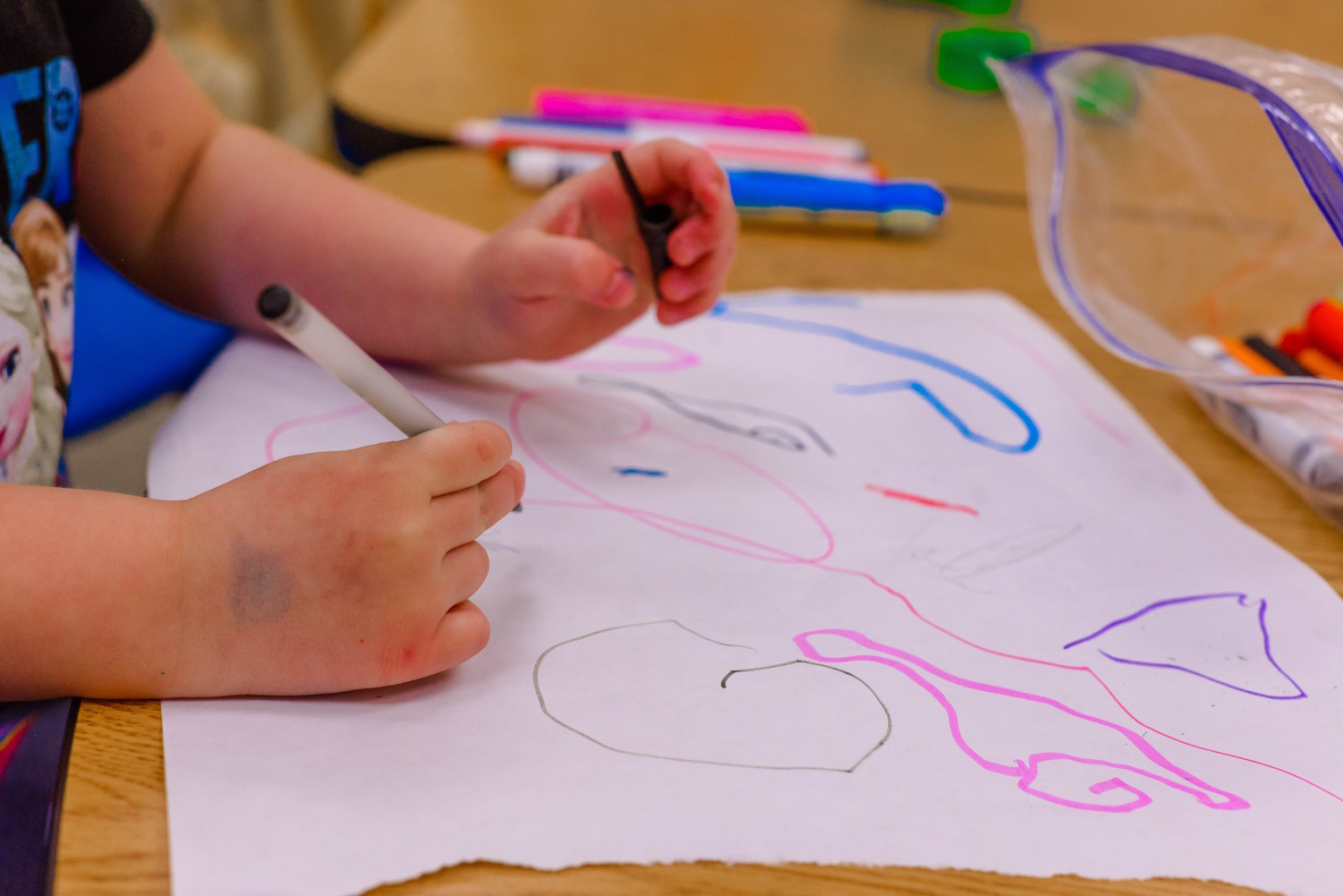
The Three Es of Parenting (and Teaching!) Children
Believe it or not, there is a significant difference between discipline and punishment. Discipline is about teaching and instructing someone, while punishment means “to inflict a penalty”. It sounds a little harsh, right? And consequences means “the result of something occurring earlier”. Unfortunately, consequences and punishment sometimes mean the same thing when it comes to parenting or teaching. But we don’t need to do this to help teach children about consequences.
So what can you do with your students or children when they challenge you?
The Three Es
Explain
Under normal circumstances, the best approach is to stay calm and kind, and then explain what you’re after and why. We get the best results when we actually provide a reason for what we’re asking.
Adult: Fighting with other children makes everyone angry. I’d like you to find a way to play nicely or play separately.
Sometimes this works. But in real life there are more steps to this, and we move to “explore”.
Explore
Adult: Why don’t you explain things to me so I can understand.
Child (Cindy): He’s calling me names and he took my pencils and then broke them and said it was funny…
Once we get a clear idea of what’s going on, we either get more information, or we move to the next step. In this case we might be tempted to explode… which means we should explore a little further.
Adult: [Child’s name]! Come here please. Bring Cindy’s pencils.
Child (Aaron) arrives
Adult: Cindy told me you’re fighting because you’re name-calling and you’ve taken her pencils and broken them.
Note… never ask questions you already know the answer to. Otherwise you’ll have to get the kids in trouble for lying as well! Instead, just state what you know.
Aaron: Yeah well she…
And on it goes. Typically you’ll find that while one person is offending more than the other, they’ve both contributed to the problem. So say it clearly:
Adult: You’re both pretty upset with each other. I can see that. I’m not interested in who started it. I’m interested in who is contributing to it. And it seems like you both are to some extent. Fair enough? (Silent nods from the kids.)
At this point you’ve explained what you expect and why, and you’ve explored why you’re not getting the results you want. Everyone should be feeling understood. Now, we empower.
Empower
Adult: So where do we go from here? What do you think we need to do to make things work again?
When they share “dumb” ideas, ask for more ideas or for explanations. Problem-solve. If they get stuck, tell them to go and have a think and come back to you when they’re ready. We want our kids and students to come up with the way forward. They do so much better when we get them engaged in the process.
Remember, ultimately you do not need to solve the problem – they do. And if they can agree to go and play or return to class without upsetting one another, that’s the end game.
When nothing else works
Sometimes you’ll explain. You’ll explore. You’ll empower – and you’ll get nowhere. Life with kids or teaching young children is messy and tough sometimes. What do you do then?
It depends.
Sometimes they’re tired. Or hungry. Or too angry to reason with you. If that’s the case, let the issue die down. Give space.
When things are calm you’ll have better conversations, a happier family or classroom, and less need for punishments (or consequences).
What if the problem keeps happening?
There are still some situations where children struggle to improve. You’ll explain things again and again. You’ll be understanding and empathic and try to see things through their eyes. You’ll leave it up to them. But there’s no improvement, no results.
What’s the answer now?
No child wakes up in the morning with a commitment to make hell for everyone in the house or classroom that day. Even though it may not seem like it some days, most kids really do want to have good relationships and a happy day.
If your child or student is being oppositional, then consider the following three possible explanations:
First, think about your timing. If you keep asking your children to do things at times that do not work for them then you’ll get resistance. They may be in the middle of playing or focusing on work. They could be tired. There may be any number of other reasons your timing is impacting on their willingness to respond.
This means you’re dealing with an issue around control and autonomy. No one likes being told what to do all the time. And let’s be real for a minute. Most of our interactions with our children or students consist of us telling them what to do, when to do it, and how to do it. We are constantly correcting and directing.
Do they need to do stuff? Absolutely. But it can help when we allow some flexibility (where possible) around timing or even the tasks that need to be completed.
Second, consider your tone. Are you speaking kindly? Or are you speaking in a way that would make anyone want to get away from you? If we’re getting frustrated it shows in our voice. So speak softly, make eye contact, and be simple, clear, and direct.
Third, is what you are asking reasonable? Sometimes we ask more of our children than they can manage.
This means there may be some kind of competence or mastery issue. While it’s true that we shouldn’t be doing things for our children or students that they can competently do for themselves, there are times when this rule needs to be broken.
If you’re still getting no joy, surely consequences and punishments are ok? Here’s what I do in my home.
Me: Kids, get off the screens now. It’s time to get ready for bed.
Kids: Dad, we just need a few more minutes.
Me: I gave you your ten-minute warning 12 minutes ago. And I gave you a five-minute warning as well. Would you like to turn off the screen, or would you like me to do it?
And then I stand there and count (in my head) to ten. If I don’t get a response:
Me: Did you not hear me or are you still thinking about it?
Kids: (keep staring at screen)
Me: Ok. Time’s up.
I turn off the screens. They whinge and moan. I stand firm. They go to bed. I hold onto the devices until the next day.
Punishment and Consequences
Sometimes children need to be removed from where they are for the safety and wellbeing of others. Sometimes that might feel like a punishment. But if we explain why we’re doing it, and then once things have calmed down if we explore what’s going on for them, and then we empower them to make better decisions in the future, we’ll typically find they’ll do better than if we hurt them to “teach them a lesson”.
Children need to know it’s ok to make mistakes so long as they learn to be better in future.
The “consequences” of behaving in challenging ways should not typically hurt. They should, instead, revolve around teaching and learning to be better next time. And that is entirely up to us.
—
Interested in sharing this content on your site? Simply reference Justin Coulson (or the relevant author) and link back to this article.



